A recent gamma-ray burst known as the BOAT — “brightest of all time” — appears to have produced a high-energy particle that shouldn’t exist. For some, dark matter provides the explanation.
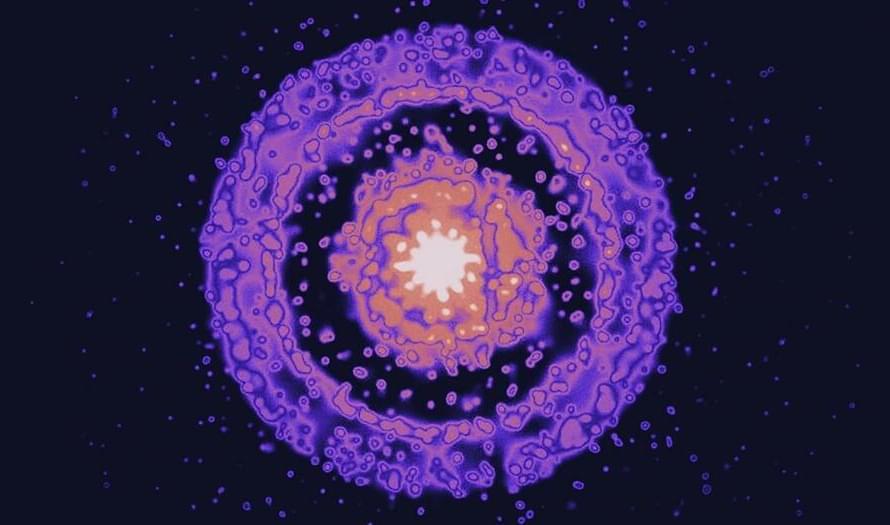

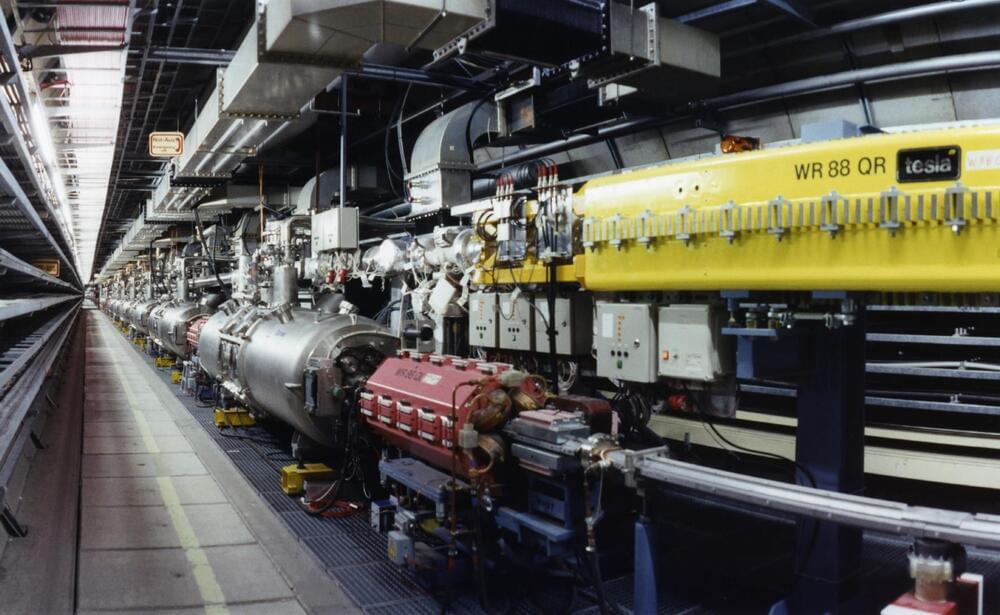
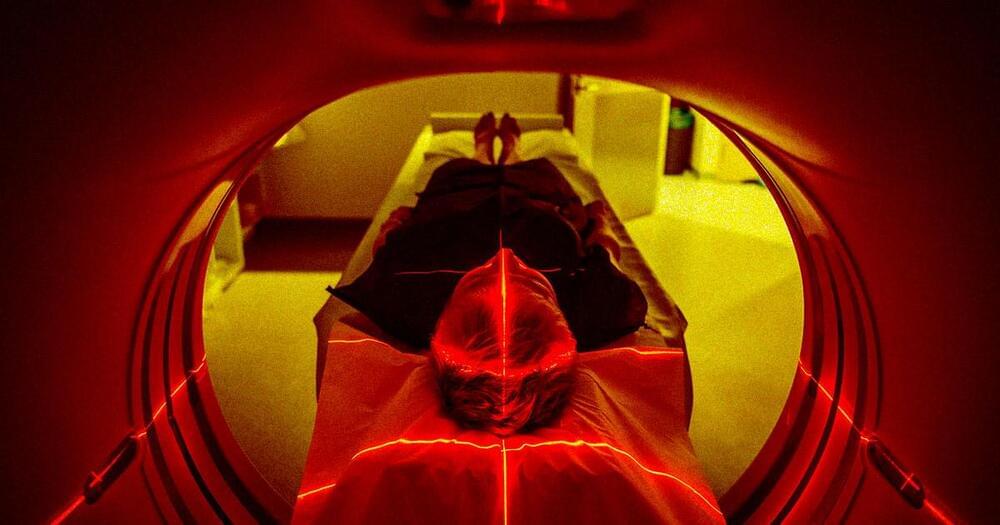

Mr. Musk, who runs Tesla and SpaceX, visited Twitter’s San Francisco headquarters on Wednesday and tweeted a nine-second video of himself smiling and carrying a porcelain sink into the building.
“Entering Twitter HQ — let that sink in!” he wrote.
The world’s richest man arrived at Twitter’s San Francisco offices on Wednesday ahead of a Friday deadline to complete the acquisition of the social media service.
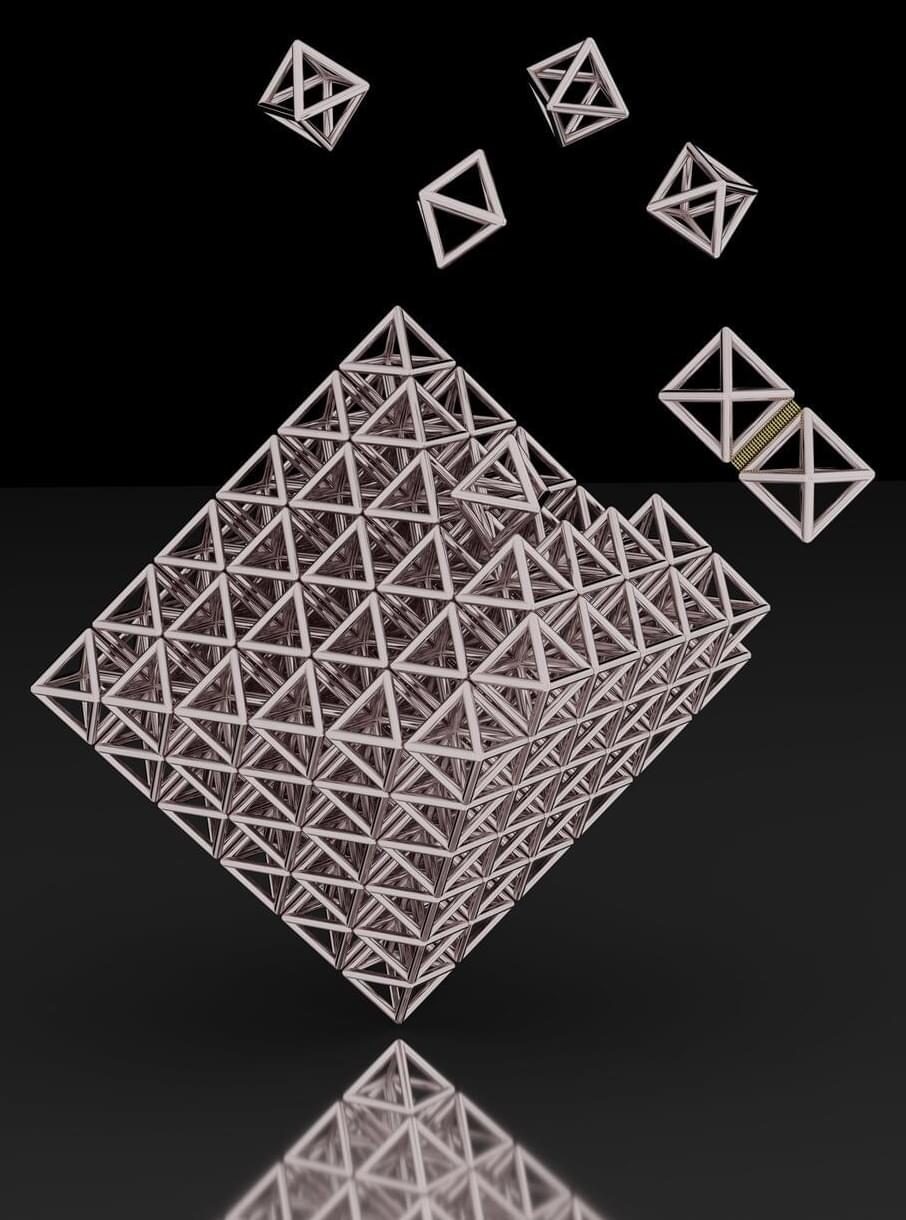
Researchers from Northwestern University have made a significant advance in the way they produce exotic open-framework superlattices made of hollow metal nanoparticles.
Using tiny hollow particles termed metallic nanoframes and modifying them with appropriate sequences of DNA, the team found they could synthesize open-channel superlattices with pores ranging from 10 to 1,000 nanometers in size—sizes that have been difficult to access until now. This newfound control over porosity will enable researchers to use these colloidal crystals in molecular absorption and storage, separations, chemical sensing, catalysis and many optical applications.
The new study identifies 12 unique porous nanoparticle superlattices with control over symmetry, geometry and pore connectivity to highlight the generalizability of new design rules as a route to making novel materials.

The newly-designed dish allows users to have a permanent high-performance Starlink installation on their vehicles.
SpaceX announced it is now accepting orders for its new “flat high-performance” Starlink dish for moving vehicles.
In a Tuesday tweet, the private space firm explained that the new offering allows customers to “enjoy high-speed, low-latency internet while on the move!”

The stock photography company will incorporate AI-generated content into its website using Open-AI’s DALL-E image generator.
Shutterstock recently announced that it will partner with OpenAI to start selling content created using artificial intelligence software.
Igor Kutyaev/iStock.
Text-to-image AI technology.
The company that will work with US Space Force has also won some NASA contracts.
It’s official: robots are here to stay in space. Robotics software and engineering company PickNik Robotics announced on Tuesday that it has won a SpaceWERX contract to work on robotics for the US Space Force, according to a press release acquired by IE
In addition, the company recently won a NASA Small Business Innovation Research (SBIR) Phase I contract for continued work on supervised autonomy for space robotics, as well as a Colorado Advanced Industries Accelerator (AIA) grant for space robotics.
Three wins.
The company has three big wins: a SpaceWERX contract, a NASA Small Business Innovation Research (SBIR) Phase I contract and a Colorado Advanced Industries Accelerator (AIA) grant for space robotics.
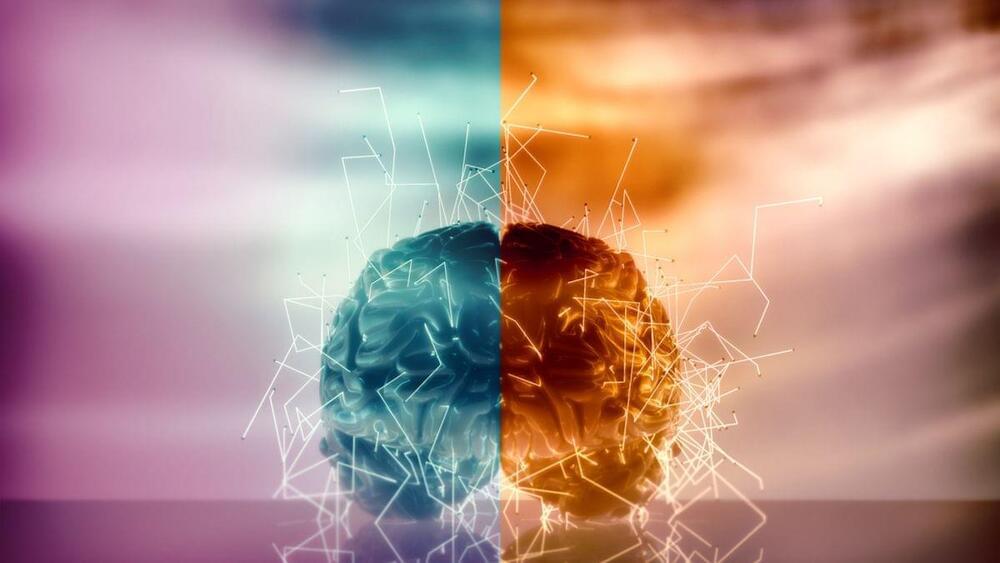
Researchers conclude that one hemisphere of the brain can adequately function as if it were doing so for two hemispheres.
People who underwent surgery as children to remove half of their brain were still able to accurately recognize differences between pairs of words or faces.
The research was done to study brain plasticity and perception. Plasticity is when the brain can be molded to reorganize itself in the hemispheric region not injured, or in this case, the only hemispheric region that is there. The participants were able to correctly identify differences between words or faces with more than 80% accuracy.
The new design came with three fundamental improvements.
Researchers have finally managed to reduce the two-photon fluorescence microscope into a thumb size device that allows them to see inside the brain of live and active animals. The device called Mini2P weighs just 2.4 grams and can be attached to a mouse’s head without compromising its natural movements.
The microscope can record live images of neural landscapes, the likes of which have never been seen before. The innovation “opens the door to lines of scientific inquiry that were difficult, if not impossible, to initiate,” says Denise Cai, a neuroscientist at the Icahn School of Medicine at Mount Sinai in New York City. feat was achieved by Edvard Moser, professor of Psychology and Neuroscience at the Kavli Institute for Systems Neuroscience, together with Weijing Zong, a biological engineer and neuroscientist at the Moser Group.